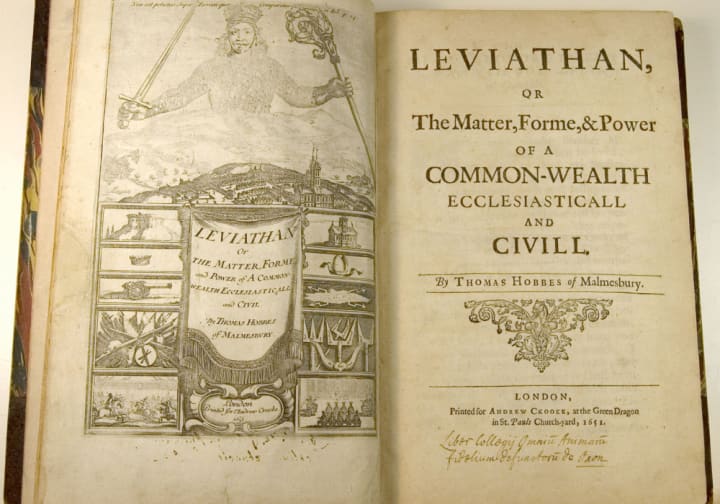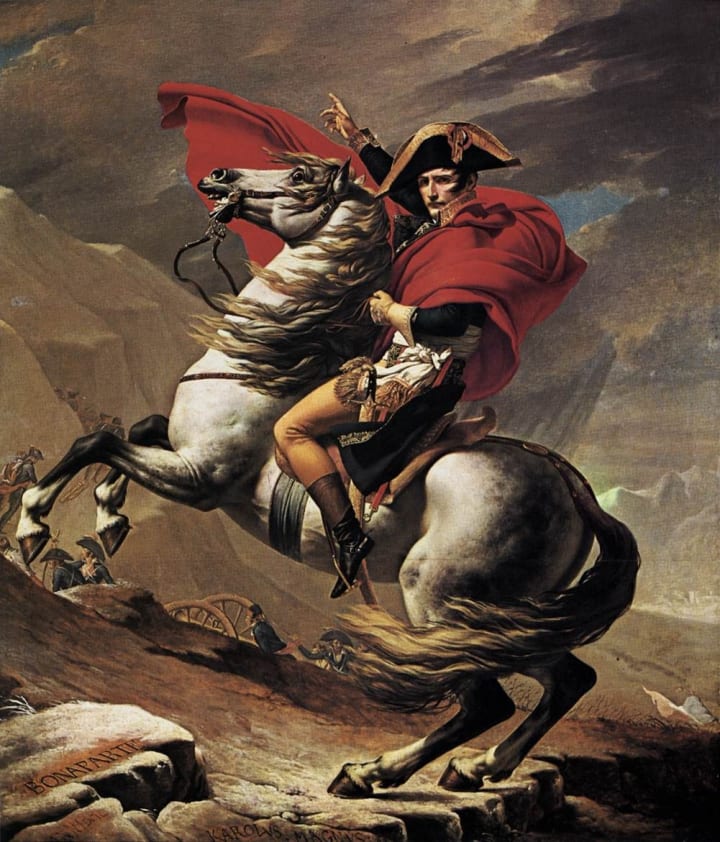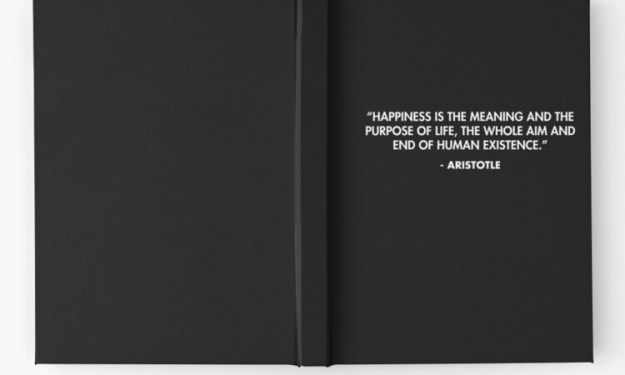
"Oh my God, I've got to tell you what happened at work today!"
"Oh my God, what did you do now?"
"This weather is an act of God."
In everyday colloquial tongue, we lisp phrases based upon an all-powerful figure, divine and holy. But it is unknown whether this Messiah of life and chaos is present, or perhaps a figment of our imaginations.
As a being of immense power and knowledge, this character is believed to have sculpted who you and I are and have become.
For millennia, the human species [homo sapien] has looked towards an authoritative figure for answers. Such inquiries may be as simple as asking one's history teacher who Julius Ceaser was, to the complexity of pondering what the meaning of life is. This figure could very be one of your parents who you had idolized as a child. Asking your parents questions is essential to becoming the ideal person as dictated by society.
Your parental figure will provide any and everything you'll ever need in the short span of time that is your childhood.
Similar parallels are present in religion, with the promise of salvation. Such fulfillment is achieved merely by doing good deeds.
However, it should be noted that such authoritative figures, like one's religion or a parent, have to instill these ideals. Why is that?
One of history's most influential philosophers, responsible for the illustration of The Leviathan, Thomas Hobbes endorsed that the populous should be lead by authoritative figures.
"To this war of every man against every man, this also in consequent; that nothing can be unjust. The notions of right and wrong, justice and injustice have there no place. Where there is no common power, there is no law, where no law, no injustice. Force, and fraud, are in war the cardinal virtues." (Hobbes, Leviathan)

Thomas Hobbes, Leviathan
Thomas Hobbes states that without an authoritative figure to regulate society, chaos is bound to prevail above the caring nature of decent men and women. (He states 'man,' however, the time period permitted that the use of man referred to all, including women). Such chaos can be seen during the French Revolution, a time where the people of France were given power for the very first time since the beginning of feudalism. This chaos was only brought to order through the re-establishment of authority in revolutionary France.
An authoritative figure himself, Napoleon Bonaparte brought order to a disordered France during the French Revolution. While an atheist, Napoleon understood the importance of religion. Napoleon displayed his knowledge of the implications of religion by establishing Christianity as the dominant religion in France. In doing so, Napoleon constructed a unified France until his exile in 1815.

Napoleon Bonaparte
Contrasting this belief of the importance of an authoritarian figure with the ability to make a decision for an individual; Immanuel Kant's groundbreaking essay "What is Enlightenment" states one cannot truly be enlightened while being dependent. To be dependent is to be reliant on an external force, for whatever purpose, whether it is reliance on your paycheck in order to prosper, or having a friend choose the movie you two plan to watch. Dependency demonstrates ill will on an individual who chooses to embrace such a trait. Dependency, in this case, refers to one's reliance on religion to provide a pathway in the adventure known as life.
While the blanket of authority is comforting to some, there are other individuals who need nothing but the cold slab of their own thoughts and opinions to rest easy. Both pathways, as common as they are in the quest for answers to life’s most challenging questions, cannot without a doubt provide all the answers.
S.S.
About the Creator
Sanj S
Just here for the fun of literature. I plan on continually posting articles regarding different topics from interviews, stories, and educational content. If you enjoy my content, feel free to follow my progress on this platform. Thanks!






Comments
There are no comments for this story
Be the first to respond and start the conversation.